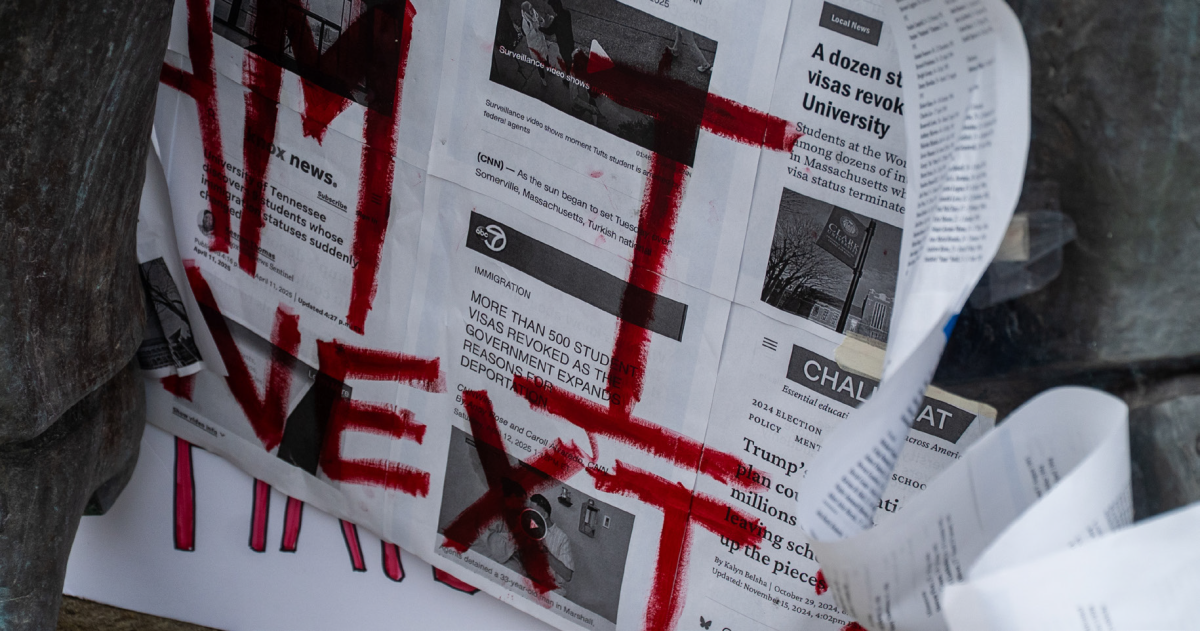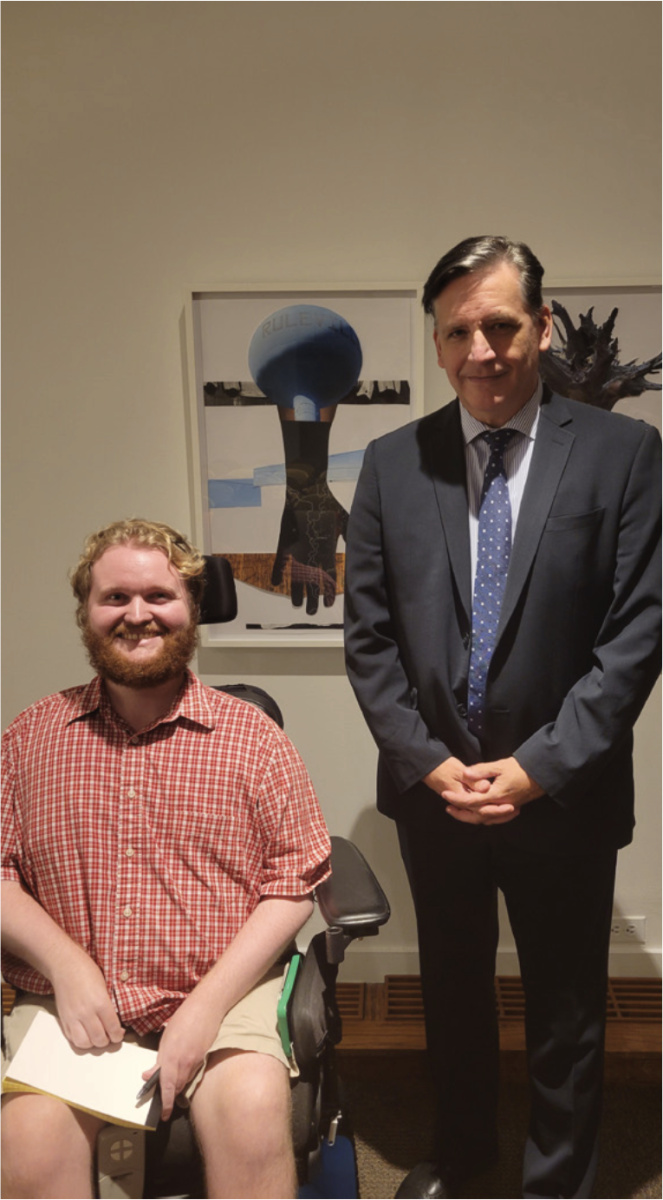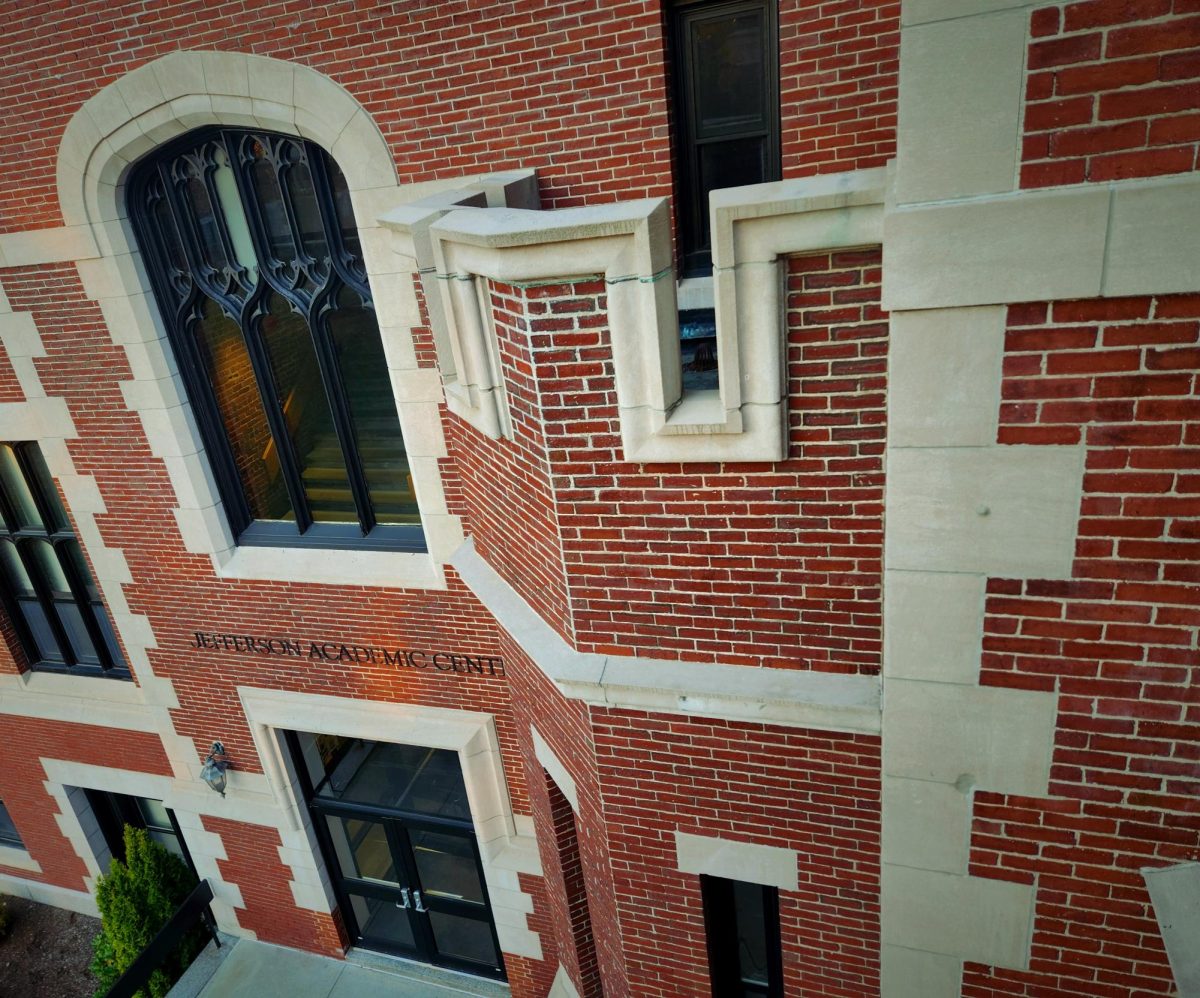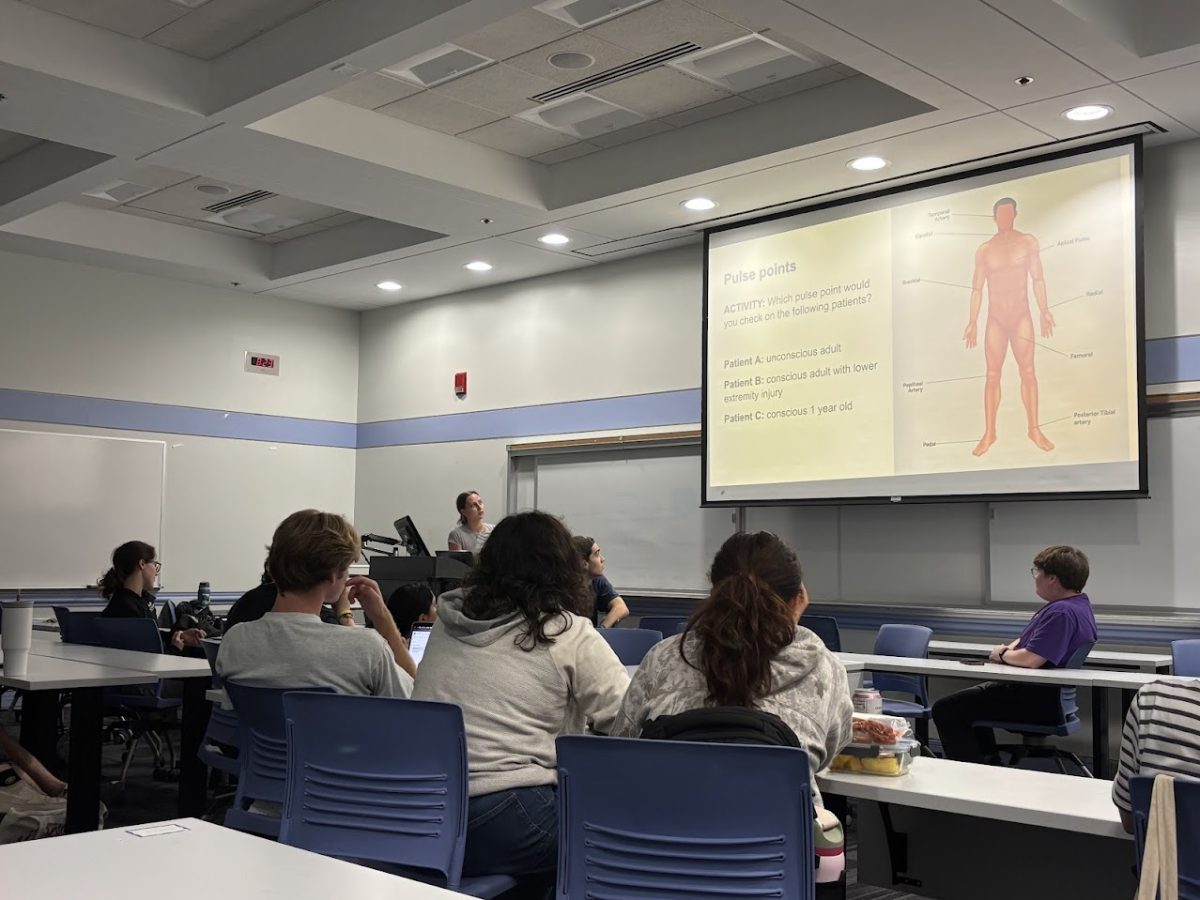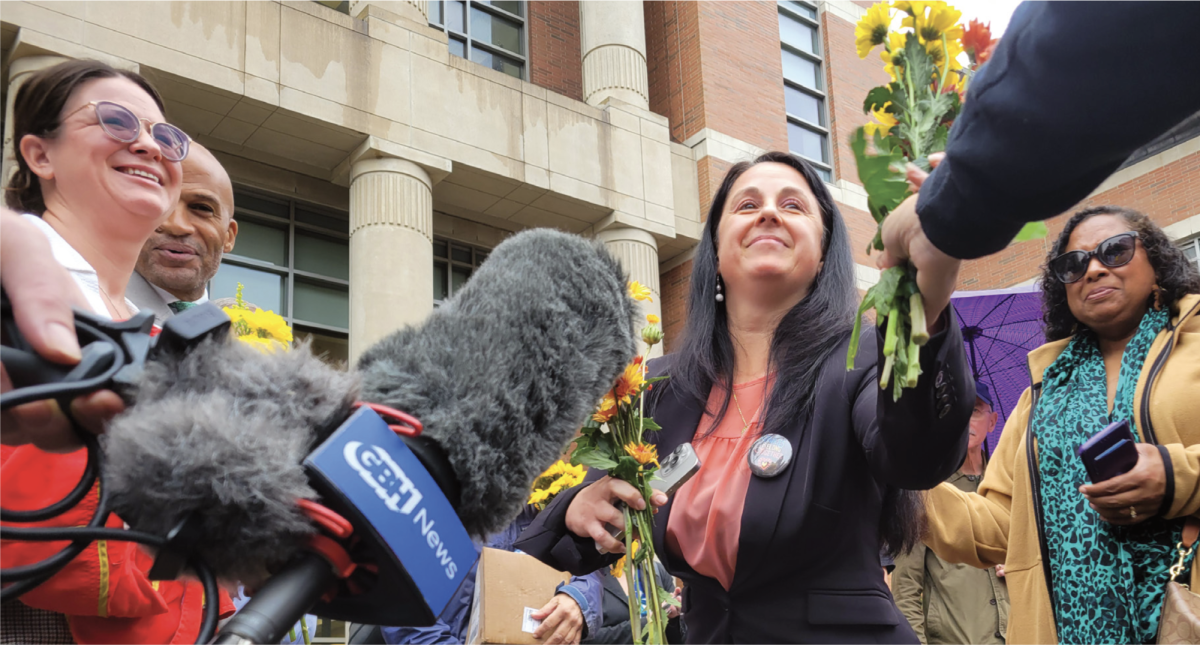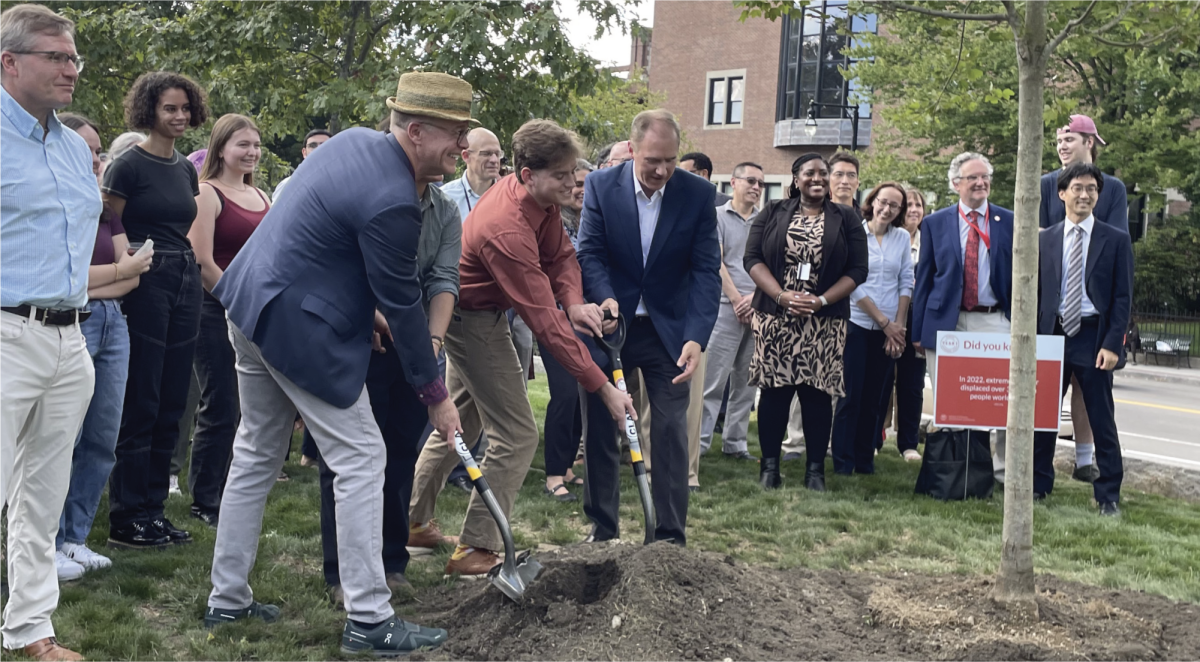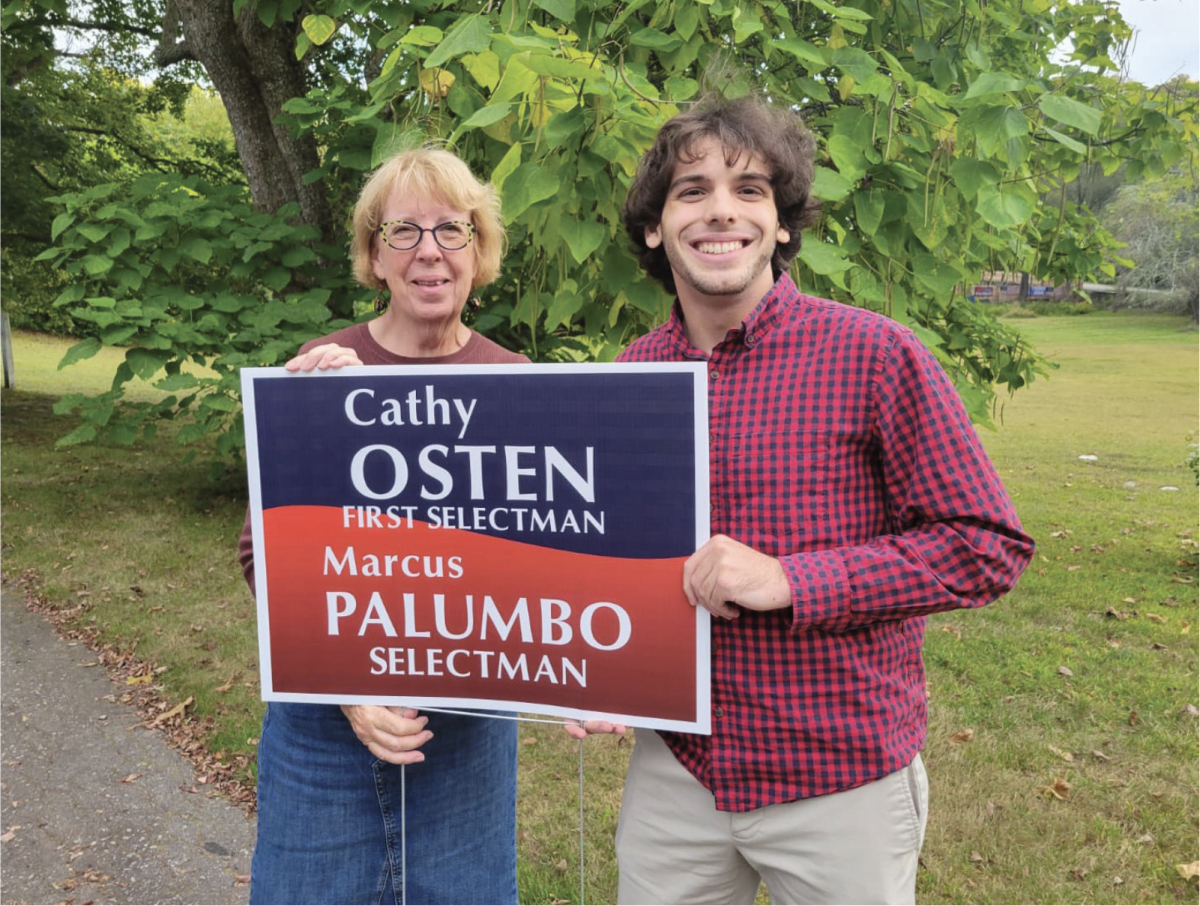On April 10, Clark University’s President’s Office sent an email to students and faculty stating that 12 international students have had their F-1 student visas revoked or federal records terminated for unknown reasons.
“Normally, institutions and/or students would be notified by the federal government if a student’s visa has been revoked; that is not occurring,” the email reads. “Unfortunately, we expect [visa revocations] will continue.”
The email also stated, “Our Office of Global Engagement (OGE) and the International Students and Scholars Office (ISSO) have been in close contact with our students to provide support.”
As a result, ISSO staff are consistently monitoring the government’s Student and Exchange Visitor Information System (SEVIS) database. Seven days a week throughout each day and evening, they manually look for further changes, as there are no automated notifications if F-1 student visas or other records are terminated or tampered with. As soon as ISSO finds a visa revoked or a record is terminated, the student is immediately contacted and offered support.
An F-1 visa allows foreign non-citizens to enter America if they are enrolled at any authorized American university pursuing a certificate, degree or diploma. As a travel visa, it only grants entry and exit from the U.S., and no other rights are given to a resident, such as indefinite stay.
According to NBC, when the government revokes a student’s F-1 visa, the student is typically only subject to removal if they commit deportable offenses, at which point federal agencies could proceed with deportation or detainment operations.
The Scarlet received a joint response regarding student visas from administrators David Fithian, John Magee, Kamala Kiem and ISSO Director Amanda Desai, communicated by University spokesperson Jill Friedman. According to Friedman, all international students are in regular correspondence with the administration and are offered in-person meetings, weekly drop-in advisors, one-on-one appointments and informational workshops, “allowing them to make the best decisions for themselves.”
On May 7, there will be an informal gathering and information session from 1:30 to 3:00 p.m. in Jonas Clark Hall Room 208, intended for international students but open to anyone.
Clark is also providing all impacted students with a list of immigration attorneys, vetted by Clark’s legal counsel, who offer free and reduced services. Impacted students also have the option to receive support through Clark’s “Emergency Fund,” generated through philanthropy and tuition dollars. However, this money cannot be used on legal expenses.
Friedman emphasizes the protection of international students’ privacy from the government and all other outside sources. “Every student’s case is unique and must remain confidential to safeguard their privacy,” she said.
On March 25, ICE officers detained Tufts University student Rümeysa Öztürk one year after she co-authored an op-ed regarding the Israeli-Palestinian conflict. U.S. Secretary of State Marco Rubio said at a press conference that visas are revoked for students who, like Öztürk, speak out for Palestine, and in his words, “participate in movements that are involved in doing things like vandalizing universities, harassing students, taking over buildings and creating a ruckus.”
“We do it every day,” Rubio said. “Every time I find one of these lunatics, I take [their visa] away.”
At the time of writing, over 1,000 students at 160 colleges and universities have had their visas revoked or legal status terminated since late March, according to the Associated Press. Many of them lost their status over minor crimes like traffic violations, while others, lacking an explanation from the government or a connection to pro-Palestine movements, were not given a reason at all.
According to Friedman, Clark could not find a pattern among the 12 students and “has no idea” why they were targeted.
The email from the President states that Clark has joined over eighty colleges on an amicus brief in AAUP vs. Rubio, a case “challenging the federal government’s revocation of visas and detentions of noncitizen students and scholars.” The amicus brief argues the Trump Administration’s actions create a “climate of fear” among international students, leading to decreased international enrollment in American colleges and a “brain drain” as students look to other countries to study, thus weakening the U.S. economy and national interests.
Clark has also been in communication with elected officials regarding the student visas. On April 16, University faculty emphasized the importance of international students in a virtual town hall with Senator Elizabeth Warren.
They further invited Rep. Jim McGovern to the school on April 21 to hear concerns. McGovern, along with two officials from the state Attorney General’s office, highlighted various state public resources for international students and urged attendees to contact their elected officials.
International students can receive free legal help at the Immigration Advocates Network’s Worcester Office.
Amid rising anxieties, the Clark President’s email gave a note of reassurance: “To all who have come to Clark from around the world – students, faculty, and staff – know that you are welcome and appreciated, and that we are here to support you,” Fithian wrote. “Through our individual uniqueness, we are stronger and better as a community. One community.”
Note: Adrien Larochelle contributed research for this article, but had to drop it due to a conflict of interest.

